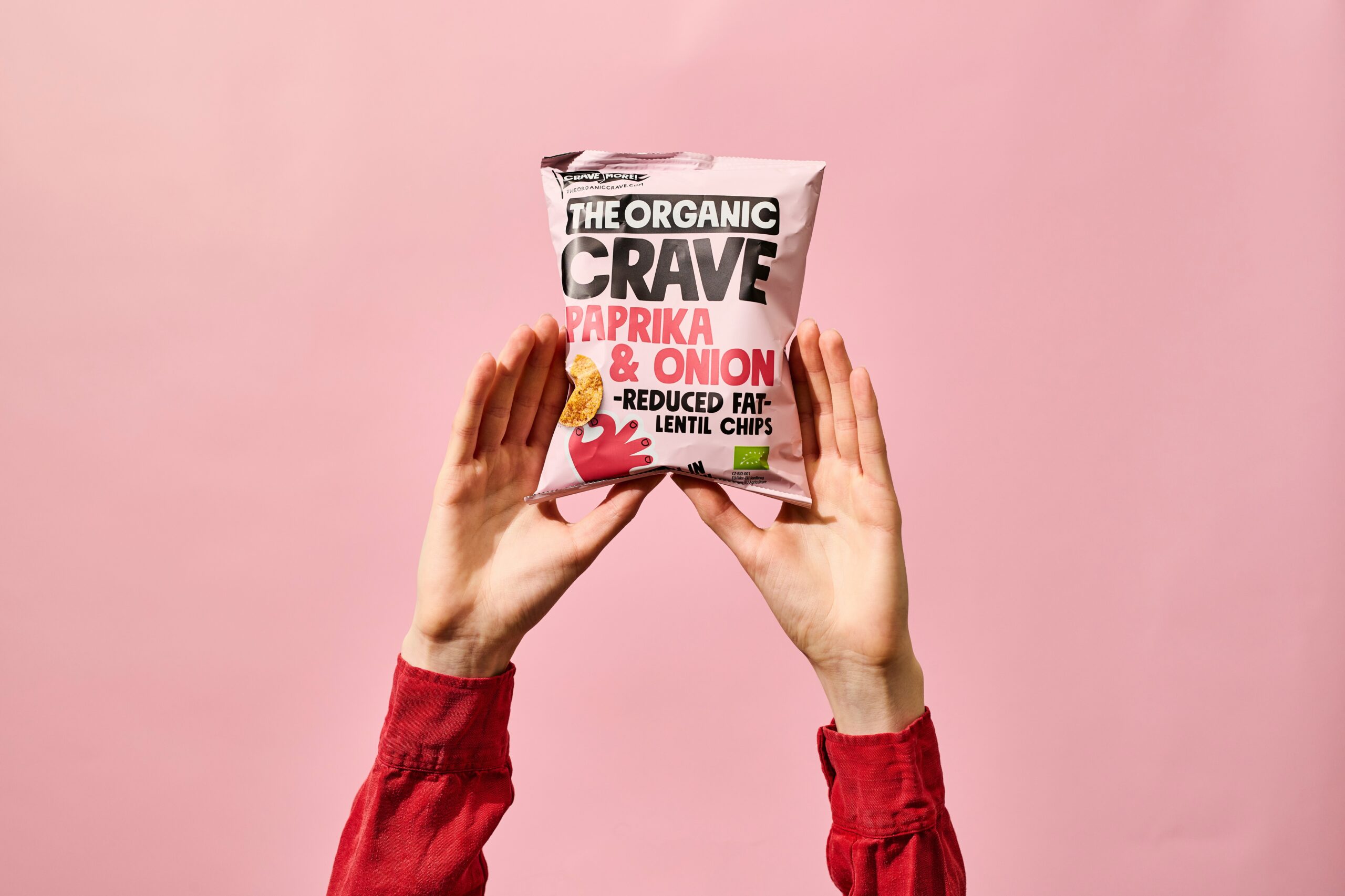Do you find yourself always hungry and on the hunt for “healthier” snack ideas?
In today’s fast-paced world, snacking has become a common habit.
Whether it’s a quick granola bar between meetings or mindlessly munching on chips while scrolling or watching TV, you may find yourself reaching for snacks more often than you even realize!
IF you’re constantly needing a snack, pump the brakes and hear me out because this may be less about needing a snack and more about what else you’re eating / not eating throughout the day!
It’s time to take a step back and evaluate what a typical day of eating looks like for you.
Here’s why: if snacking is a regular habit, it is very possible you are NOT consuming well-balanced meals on the regular – uh, oh!
Well-balanced meals leave you feeling satisfied until your next mealtime – yay!
But, when constantly snacking, you are passing on opportunities to “fill the tank”, maintain consistent energy levels and keep your brain and stomach satisfied.
Plus, eating balanced meals is crucial when it comes to improving your health, losing weight, dropping body fat, and increasing muscle!
And let me be clear: while snacking isn’t inherently bad, excessive snacking throughout the day can have significant drawbacks when it comes to your health and well-being.
In today’s blog, you are learning:
- The Downside of Snacking
- How to Create Balanced Meals in 5 Steps!
- 3 Tips to Cut the Snack Attacks
The Downside of Excessive Snacking
Disrupted Metabolism: Frequent snacking can disrupt your body’s natural metabolic rhythm. Instead of giving your digestive system time to rest between meals, constant snacking keeps it in overdrive, leading to erratic blood sugar levels. This can cause energy crashes, increased cravings and weight gain over time.
Poor Nutritional Choices: Many snacks are low in nutrients and high in calories, sugar and unhealthy fats. When snacking, it’s easy to fill up on these empty calories, leaving little room for the nutritious foods your body needs. This leads to nutritional deficiencies, affecting everything from your energy levels to immune system.
Mindless Eating: Snacking is often done mindlessly, whether it’s while working, watching TV or scrolling on your phone and this leads to overeating. Without paying attention to portion sizes or hunger cues, it’s easy to overdo it and these excess calories = unwanted weight and fat gain plus a disconnect from your body’s natural hunger signals.
Digestive Issues: Your gut health needs time to repair and regenerate between meals and thus constant snacking doesn’t give your digestive system enough time to properly process food. As you may have experienced, this causes bloating, gas and discomfort.
Well-Balanced Meals in 5 Steps!
Rather than relying on snacks throughout the day, focus on eating well-balanced meals for sustained energy, better nutrition and improved overall health! Well-balanced meals are also crucial for optimal results when it comes to increasing muscle mass, losing weight and decreasing body fat.
Here’s how to create healthy, satisfying meals in 5 east steps:
#1. Prioritize Protein: Protein is essential for building and repairing tissues, supporting immune function and keeping you full longer. Include a source of lean protein, such as chicken, fish, tofu, or legumes, with every meal to stabilize blood sugar levels and reduce snacking.
#2. Include Healthy Fats: Healthy fats, like those found in avocados, nuts, seeds, and olive oil, are crucial for brain health, hormone production and satiety. Adding these fats to meals helps you feel fuller longer and provides a steady source of energy.
#2. Focus on Fiber-Rich Foods: Fiber aids in digestion, regulate blood sugar levels and keeps you full. Fill a portion of your plate with fiber-rich vegetables, fruits, whole grains, and legumes.
#4. Balance Your Plate: A balanced meal includes a combination of protein, healthy fats and fiber. For example, a well-rounded dinner might include grilled salmon (protein and healthy fat), quinoa (fiber and protein) and a large serving of mixed vegetables (fiber and vitamins). This balance ensures you’re getting a variety of nutrients without overloading on calories.
#5. Stay Hydrated: Sometimes, what you perceive as hunger is actually thirst! Drink plenty of water throughout the day to stay hydrated and reduce unnecessary snacking. Herbal teas and water-rich foods like cucumbers and watermelon also help keep you hydrated.
3 Tips to Reduce Unnecessary Snacking
- Eat Mindfully: Pay attention to your body’s hunger and fullness cues. Before reaching for a snack, ask yourself if you’re truly hungry or if you’re eating out of habit, boredom or stress.
- Plan Your Meals: Having a meal plan can help you stay on track and reduce the temptation to snack. Knowing what you’re going to eat and when can prevent you from reaching for unhealthy snacks.
- Keep Healthy Snacks on Hand: If you do need a snack, choose something nutrient-dense, like a serving of Greek yogurt with fresh or frozen berries, a piece of fruit, a homemade granola bar, or some raw veggies with hummus. If/when snacking, pick an option that contributes to your overall nutrition and provides plenty of health benefits.
While snacking can be a convenient way to curb hunger, excessive snacking can lead to a range of health issues, from weight gain to poor digestion. By focusing on well-balanced, nutrient-dense meals and listening to your body’s signals, you can reduce the need for constant snacking and improve your overall health.
Prioritizing protein, healthy fats, and fiber, and staying hydrated will not only keep you satisfied but also ensure you’re fueling your body with the nutrients it needs to thrive.


